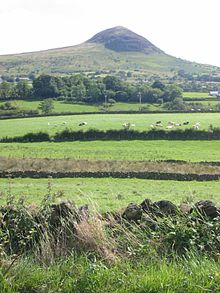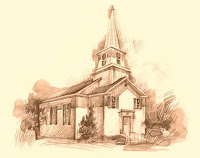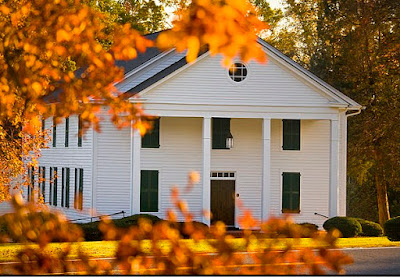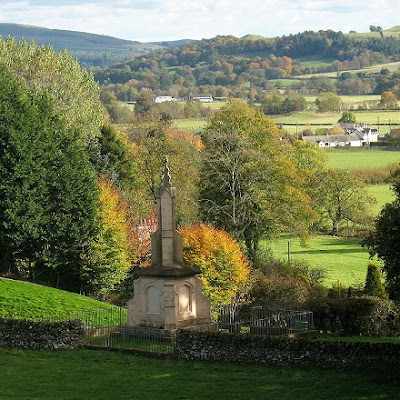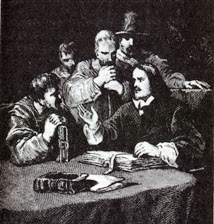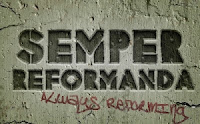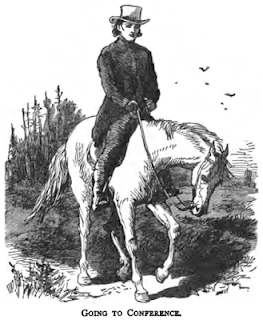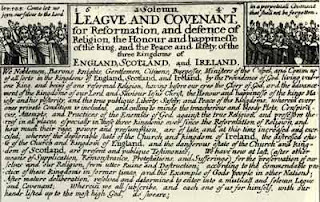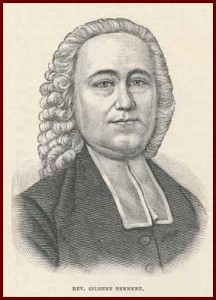Posts
Showing posts from February, 2016
The Perseverance of the Saints: Rome v Reformed
- Get link
- Other Apps
February 28: The National Covenant of Scotland
- Get link
- Other Apps
March Devotionals—Patrick of Ireland: A Devotional History
- Get link
- Other Apps
Why our good works cannot be part of our righteousness before God.
- Get link
- Other Apps
Election Day Sermon: Rev. Samuel Payson
- Get link
- Other Apps
1570 – The Excommunication of Elizabeth I
- Get link
- Other Apps
Rev. Charles Tennent: A Plain, Good Minister of the Gospel
- Get link
- Other Apps
Review: The Flow of the Psalms by O. Palmer Robertson
- Get link
- Other Apps
The Kingdom of God’s Sovereign Grace
- Get link
- Other Apps
1688: James Renwick, to end the Killing Time
- Get link
- Other Apps
A Broken Spirit; A Broken and a Contrite Heart
- Get link
- Other Apps
Spurgeon and Places of Entertainment
- Get link
- Other Apps
The Easter season – is this celebration Biblical?
- Get link
- Other Apps
Zwingli and the 'Sausage Supper'
- Get link
- Other Apps
Lent: Of Good Intentions, Spiritual Disciplines, and Christian Freedom
- Get link
- Other Apps
Of God The Holy Ghost (Continued)
- Get link
- Other Apps
Of Cameronians and Seceders, The Difference Found Between Them
- Get link
- Other Apps
Gilbert Tennent: Christian Home Training
- Get link
- Other Apps
TULIP and the Doctrines of Grace
- Get link
- Other Apps
Puritan Preaching: The Pilgrim's Progress
- Get link
- Other Apps

